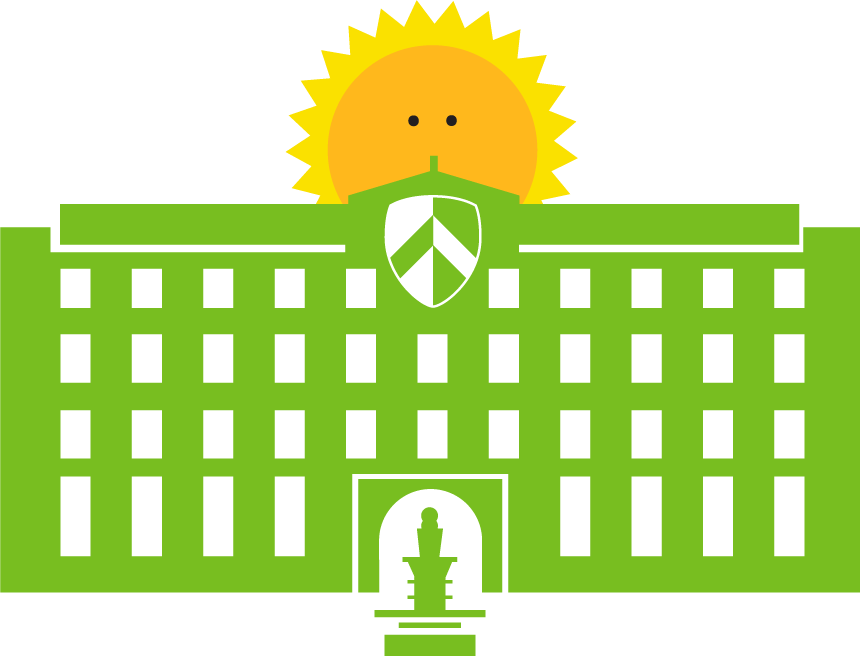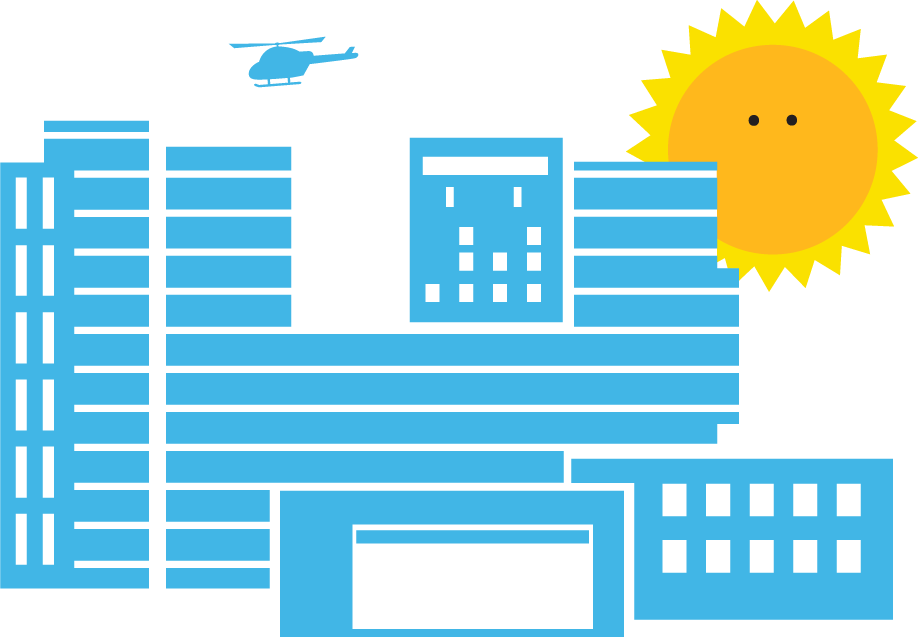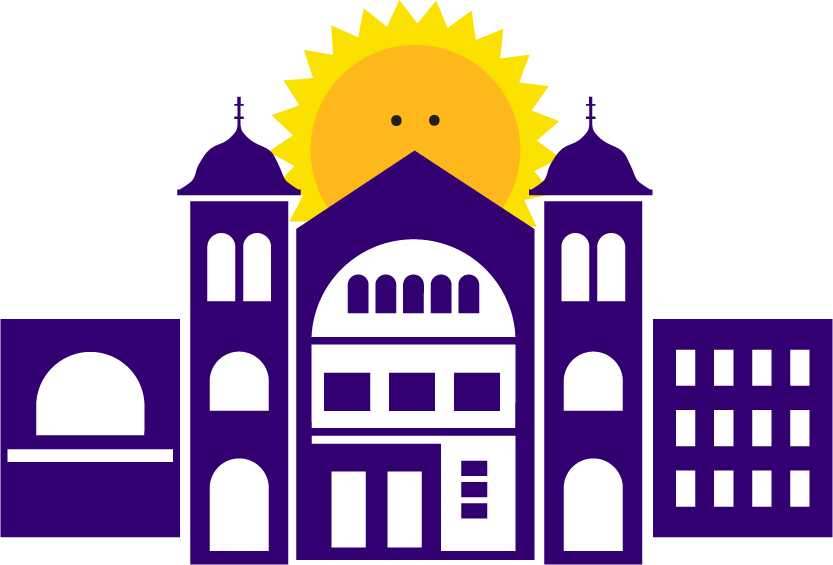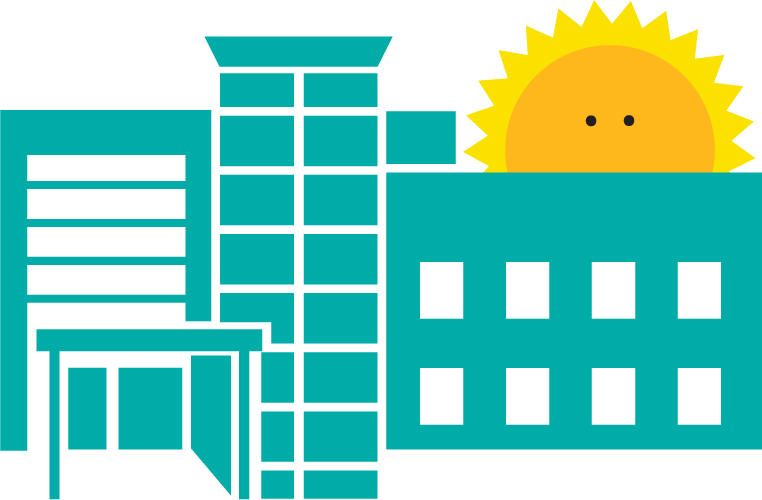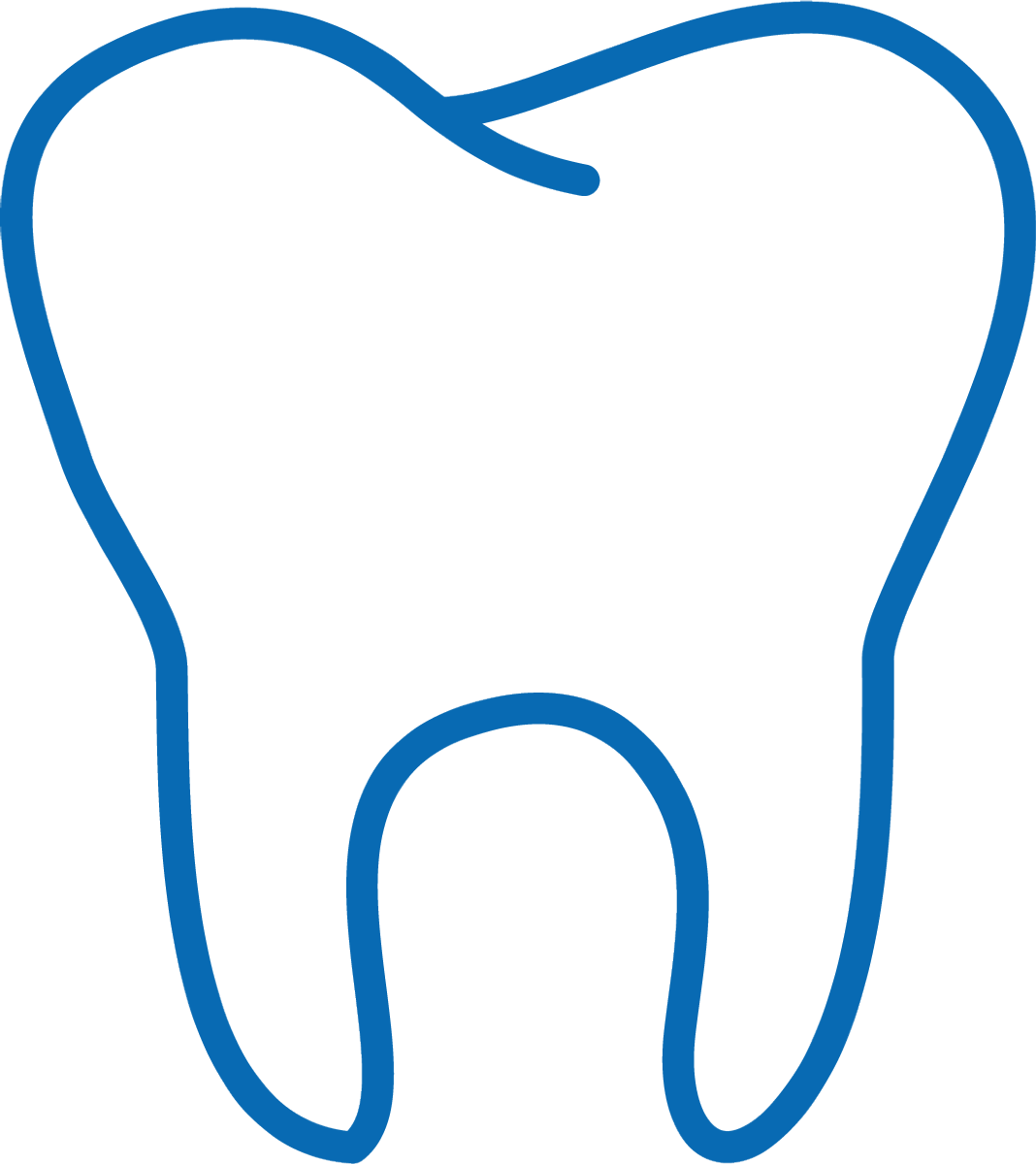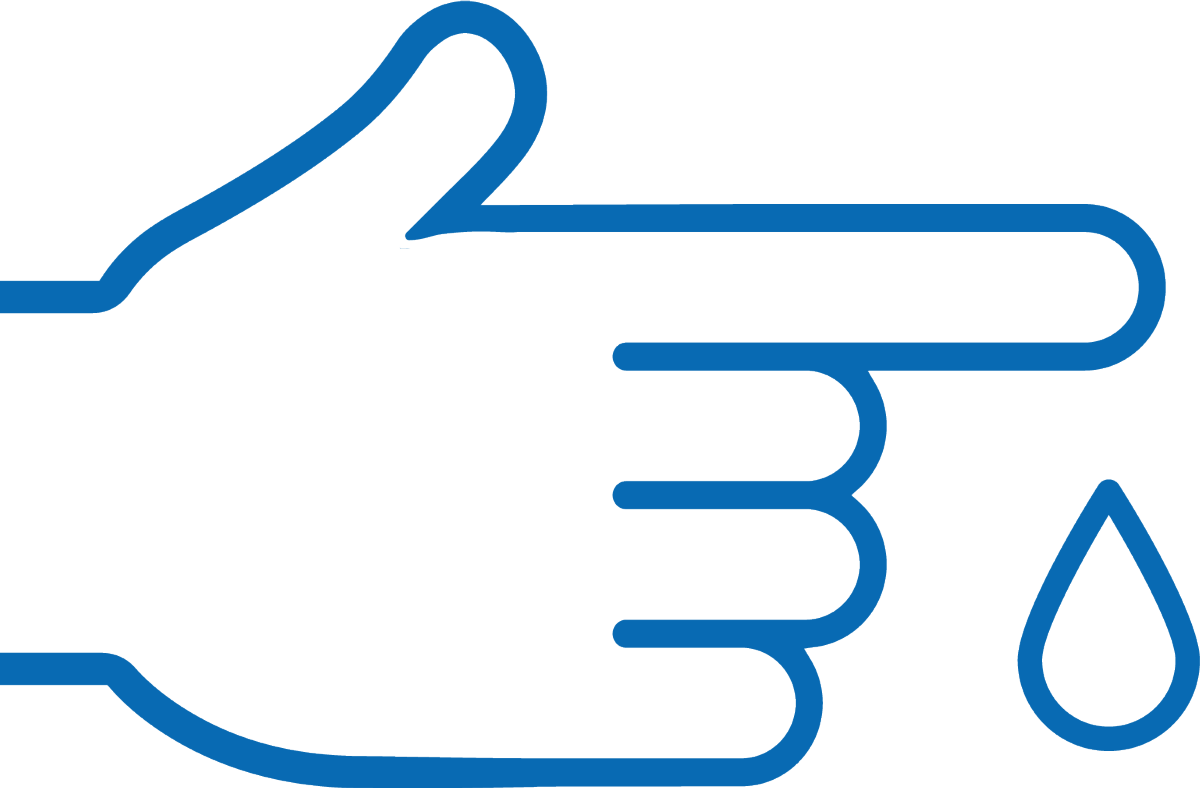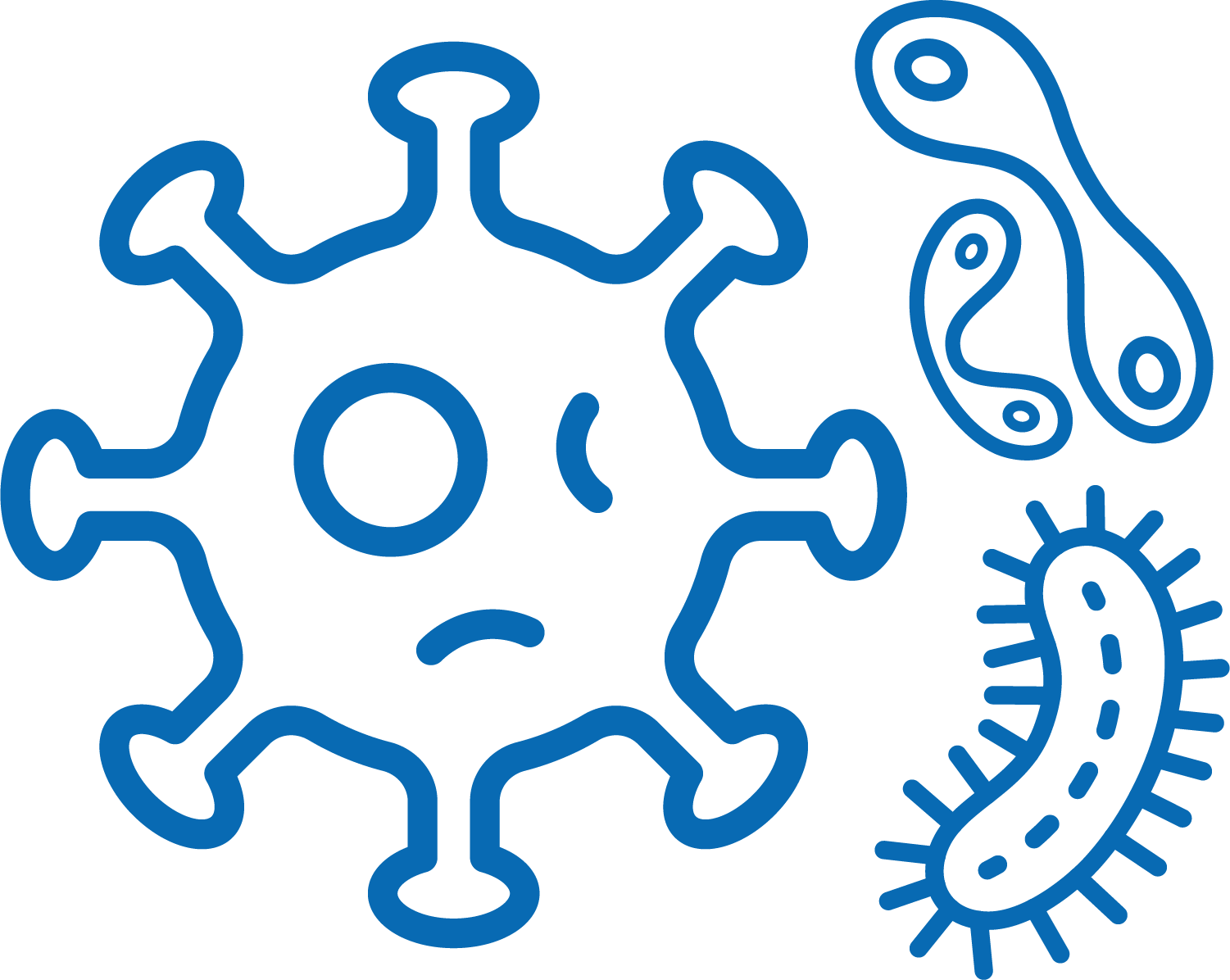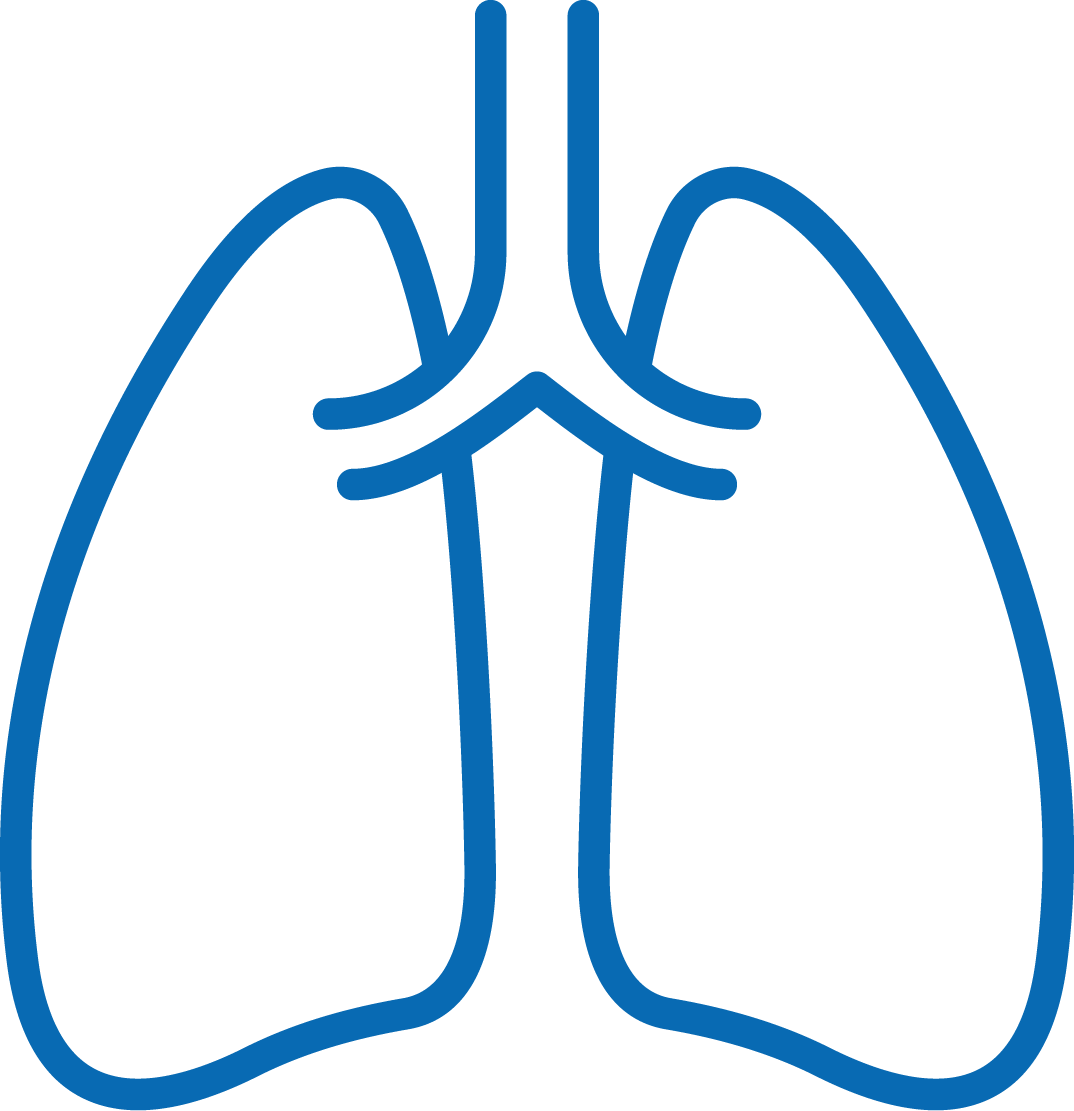Preparing for your visit
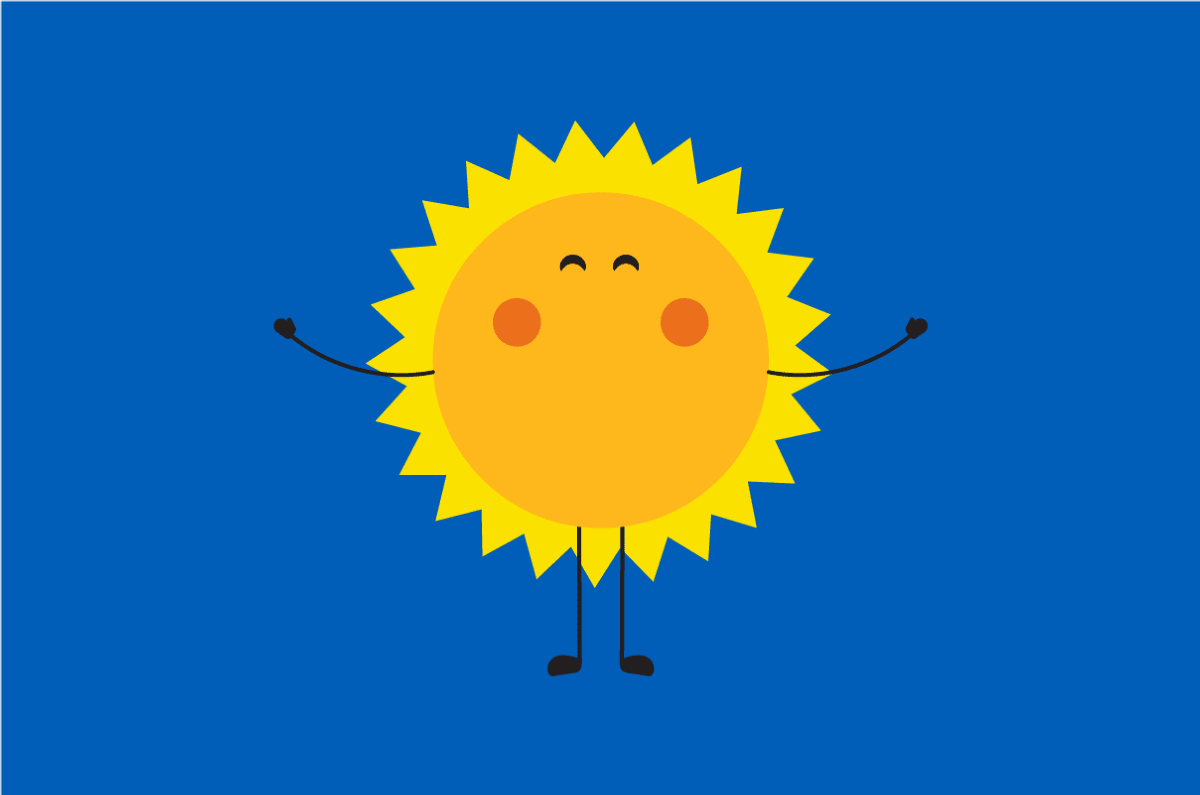

Coming to our hospitals
Going to the hospital or a medical appointment can be scary, but we're here to help. We want to make it easy for you and your child, whether they're here for a check-up, surgery, or staying for a while. Our staff are friendly and try to make everything seem normal, but it might still feel strange for your child with machines and new people.
If you have questions or concerns, talk to the sister or play specialist on the ward. They'll give you all the information you need to help your child feel comfortable. We're here to support you every step of the way!
What to bring
With younger children, and siblings, we recommend that you start talking about your visit a few days before you come in. Good preparation can help children feel less anxious about any anaesthesia and treatment that they may need. However, in order to do this, you must first prepare yourself by making sure that all your questions have been answered. If you are comfortable with the process - your child will feel more comfortable too.
Ask your child questions such as ‘why are you going into hospital?’ and ‘what do think is going to happen?’. You can then correct any misunderstandings and hopefully remove any fears. Children of all ages cope better if they have a clearer idea of what is going to happen and why it is necessary.
With younger children, it might help to play some ‘going to hospital’ games with their toys. You may also be able to find books on going to hospital at your local library or book shop.
If you feel that you need more help and advice, please don’t hesitate to contact the sister or play specialist on the relevant ward/department.
Things to bring
Admission letter
Please bring in your child’s admission letter - this includes details such as where to go when you arrive and the date of your child’s admission.
Important information
We will ask you for your child’s health record or clinic book, your contact details and your GP’s details. We will also need details of the child’s next of kin. Please provide daytime and evening telephone numbers.
Medicine
If your child is taking any medicine/tablets, please bring these with you (in their original containers, if possible). You can give them to the nurse for safekeeping. Please also bring details of any injections your child is having.
Clothes
Please bring your child’s pyjamas, lightweight day clothes, underwear and shoes - the wards can be quite warm, even in winter. There are very limited laundry facilities on some of the wards, so you may have to do your child’s washing at home. If you intend to stay with them, you should bring your own belongings, but please do not bring any electrical items.
Toiletries
You will need to bring your child’s hairbrush, shampoo, toothbrush, toothpaste, soap, towel, flannel and tissue paper.
Toys
You may wish to bring your child’s special toy or comforter. Please label it if possible.
Baby food or feeding equipment
Please telephone the ward before admission to discuss any special feeding needs for your baby.
Money and valuables
Depending on their age, your child may need a small amount of change for telephone calls, magazines, etc. Please don’t bring any other valuables as we cannot take responsibility for their loss or damage. We will only accept responsibility for patients’ property if it has been handed over and signed for by a member of staff. Valuables may also be deposited with the hospital cashiers.
Your child's inpatient stay
Try to keep things as normal as possible by helping with dressing, meal times, bathing and bedtime - just as you would at home. It would also help if you could be there before and after any treatments/procedures. Staff will let you know when these are planned – you can then talk to your child about what will happen. If he/she is upset or worried, please let the staff know.
Asking a question
Please talk to the doctor or ward staff if there’s anything that you don’t understand or if something is worrying you. The staff can explain more any treatment that your child needs, and discuss the risks and benefits, and any alternative options.
It is a good idea to find out what time the doctor does his/her rounds so that you can be present. You can then ask any questions and clarify anything that you don’t understand.
Schoolwork and play
We have play specialists and teachers assigned to each ward. A play specialist will help support your child before and after treatment and will also provide games and other activities during their stay.
The hospital teachers will ensure that your child doesn’t fall behind in their schoolwork if they are in hospital for a long time. It may be necessary to contact your child’s school for information.
Telephones
Each ward has a direct line which staff will give you when you arrive. It would help us greatly if you could ask only one relative or friend to ring the ward each day and then pass news of your child’s progress.
Please switch off mobile phones before coming into the hospital as they can interfere with monitoring equipment. If you need to make a call from the hospital, please ask ward staff where the nearest pay phones are.
Meals
Apart from those whose treatment requires a special diet, children have a daily menu. This includes food that has been prepared and cooked according to their dietary needs, as well as to your custom or religious practice.
Going home
A day and time for your child’s discharge will be agreed with you in advance and everyone involved will work towards making sure your child goes home on time. Please leave your home address with the ward staff. If you are planning to stay somewhere else, please leave an address and phone number where you can be contacted.
Sharing information
Your health visitor or school nurse will be informed that your child was in hospital and provided with information about the treatment your child received. Your health visitor or school nurse may be in touch with you to arrange a visit if they feel it might be helpful.
Staying in hospital with your child
Being in hospital may be very upsetting and confusing for your child, so it is best if they have a parent or carer with them as much as possible. It will help if you can stay, at least for the first few nights. If you are unable to stay yourself, another carer may stay in your place by agreement with the ward staff.
Newham University Hospital
Sleeping accommodation is provided for one parent at your child’s bedside. Parents staying with us will have access to the parents’ sitting room which has tea and coffee making facilities, a fridge for storing food and drinks.
For more information, please call The Rainbow Ward on 020 7363 8119/8912
The Children’s Hospital at The Royal London Hospital
Sleeping accommodation is provided for one parent at your child’s bedside. We also have kitchen and dining facilities for resident parents in all the ward areas. If your child is in hospital for several weeks then arrangements may be able to be made for you in nearby Stevenson House.
Whipps Cross University Hospital
Sleeping accommodation is provided for one parent at your child’s bedside. Parents staying with us will have access to the parents’ sitting room which has tea and coffee making facilities, a fridge for storing food and drinks and a microwave. For more information, please call: 020 8535 6990.
The Sick Children's Trust
If your child is seriously ill in hospital, The Sick Children's Trust can help you stay close to your child at Stevenson House while they receive treatment.
Find out how The Sick Children's Trust can help you and your family
Gyms
At the children’s hospital we have three excellent gyms to allow children of all ages to play and exercise. Whether you are visiting our hospital for an admission or for an appointment we have a gym and the equipment to try and help you feel better. In our gyms we have a mixture of treadmills, bikes, scooters, trampolines, hula-hoops, balance games, bouncy balls as well as lots of different sports and games to use. We also have walking and standing aids as well as steps to help practice day-to-day movements.
We know that exercise is really important in keeping our bodies as healthy as possible and our gyms give the chance to find a game, sport or exercise that you might enjoy doing after leaving hospital! Or you may need to come in to our gyms to use equipment that can help practice sitting, standing, balancing or walking. You might even be visiting our gyms because you have some pain at the moment. Coming to our outpatient gym will help us to understand why you get this pain and hopefully improve it through exercise.
Video guides for The Royal London Hospital
We know that coming to hospital can be scary, se've made some films which speak about what to expect:
- when you come to The Royal London
- when you get an MRI scan or an X-Ray
- when you go to an outpatient appointment
- when you have a blood test
- when you have an operation
- when you get an anaesthetic
Thank you to Barts Charity for funding the production of these films.

Join YES
Be part of our youth empowerment squad
The Youth Empowerment Squad (YES) is our youth forum made up of young people who have experience of being in hospital.
Improving hospital experiences for young people is their passion and they welcome new members.
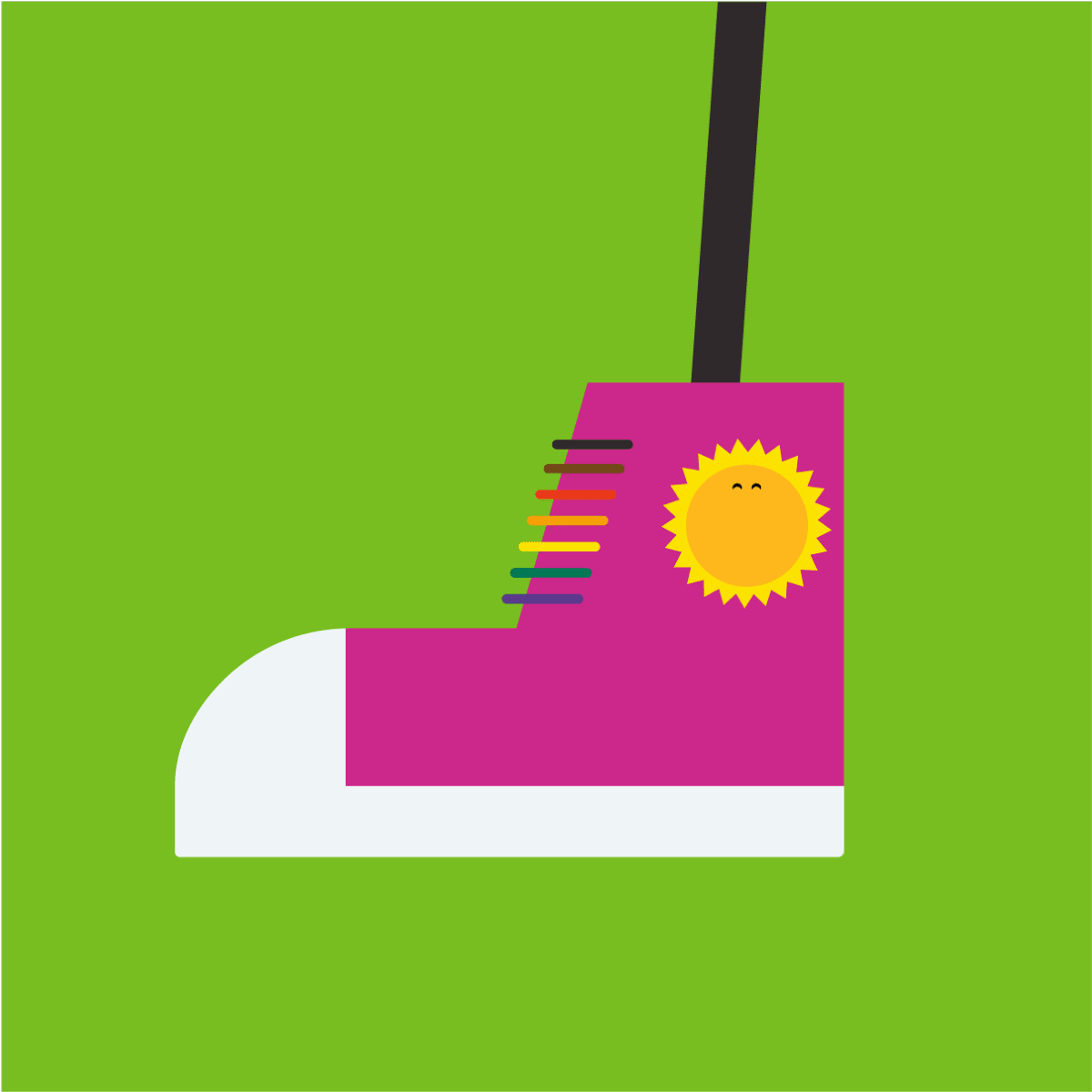
Donate to our charity
And support Sunny
Barts Charity invests in inspiring people, healthcare projects and ground-breaking research, driven by one uniting goal: to transform the health of our east London community.

